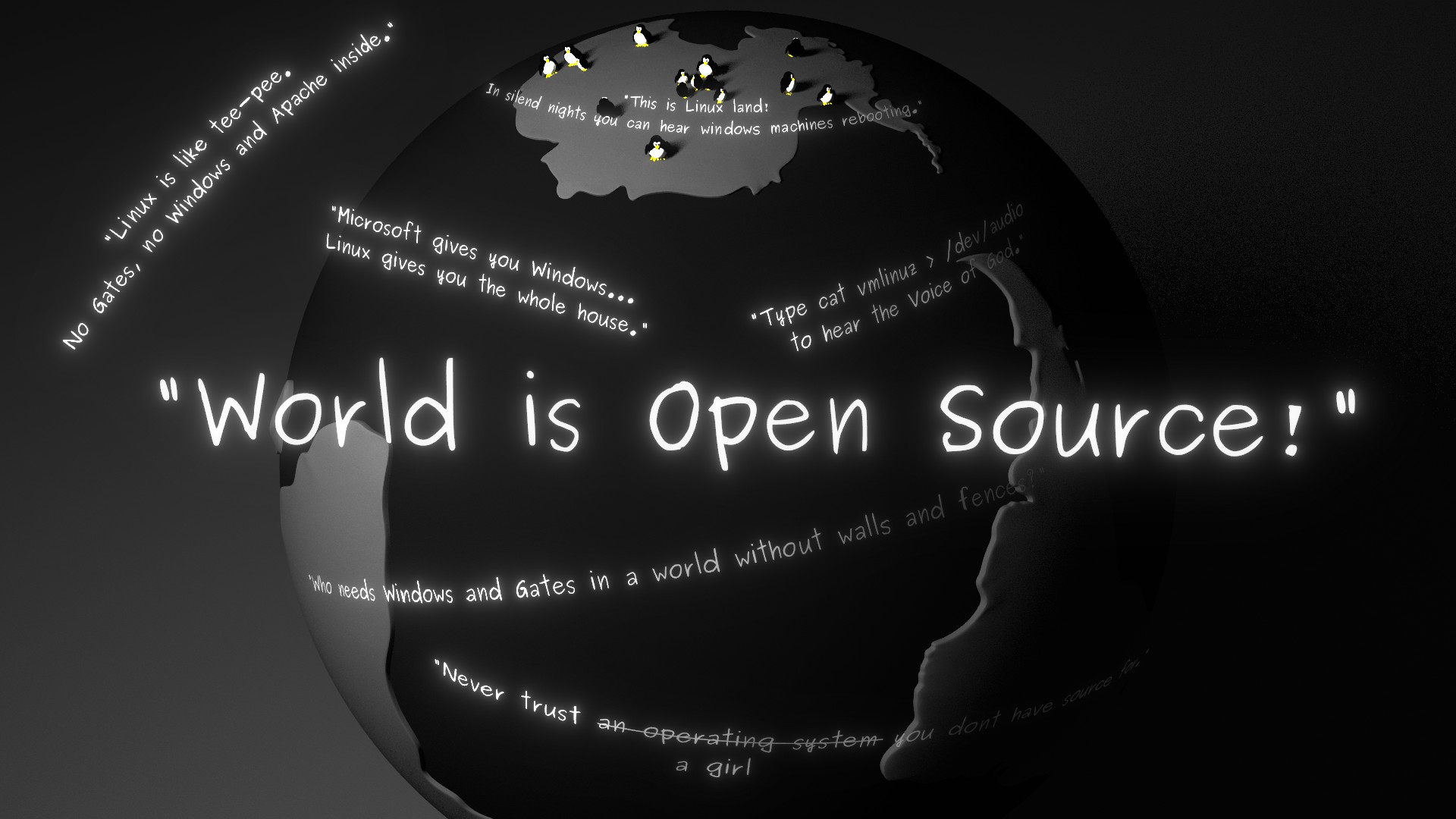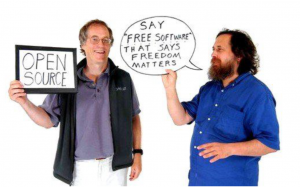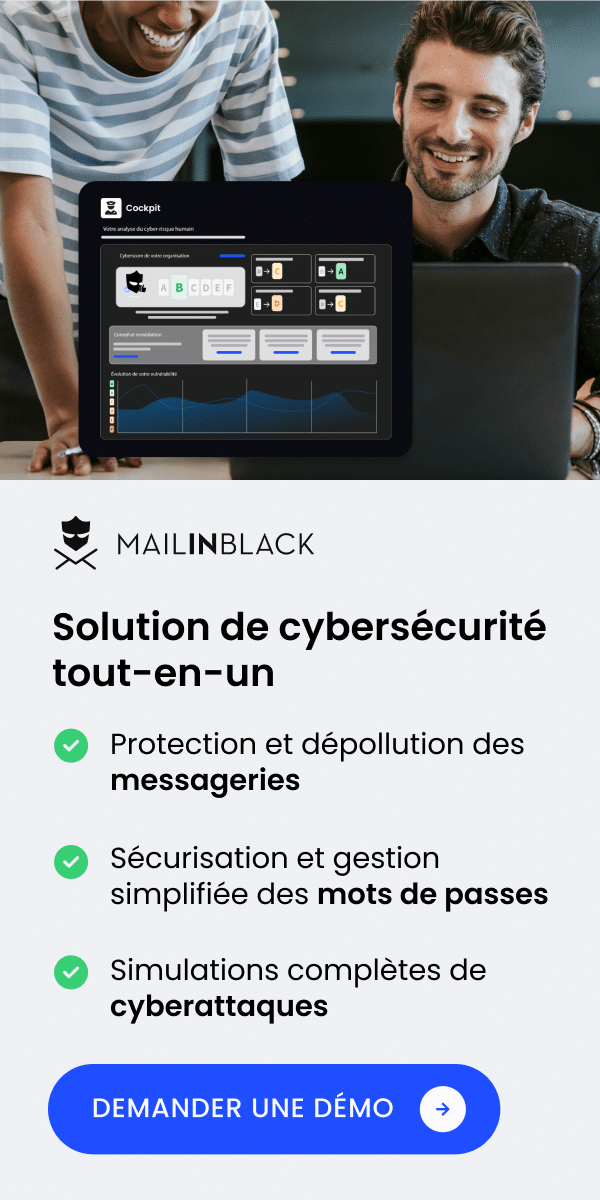Recently, the National Computer Board organized a two-day workshop on Open Source in the enterprise with a focus on the regulatory aspect. Open Source software is nowadays omnipresent and it is essential for companies in the ICT sector to know the basics and regulations. Moreover, since 2015, the National Computer Board has developed a national policy on Open Source with the objective of inculcating an Open Source culture on the Mauritian territory. Mr. Malcom Bain, from the Spanish firm ID Law partners and an expert in international open source law in Barcelona, was the keynote speaker at this workshop.
This workshop organized under the aegis of the Ministry of ICT makes sense for companies in the IT sector. Indeed, Open Source Software (OSS) is subject to regulations if it is used by companies. The workshop brought together some 50 senior company executives, all of whom had come to learn more about the legal and economic aspects of using this royalty-free software.

At the opening ceremony, ICT Minister Yogida Sawminaden recalled the contribution of open source software to the digital revolution. He also announced the establishment of an Open Source Society in the country and the future drafting of a national action plan on free software.
“The government’s objective is to create a digital platform that benefits both the different ministries, but also the private and public sectors. This platform will allow us internally to increase the speed of our information exchange between our ministries, so that our actions will be implemented more quickly,” said ICT Minister Yogida Sawminaden.
What is Free and Open Source Software (FOSS)?
Free and open-source software, or FOSS, is software that is both free software and open source software. The Free Software Manifesto published in 1989 states that royalty-free software meets the following conditions:
- Freedom to run the program, for all intents and purposes.
- The freedom to study how the program works and to adapt it to your needs (access to the source code).
- The freedom to redistribute copies, so you can help your fellow man.
- The freedom to improve the program and release improvements to the public, so that the entire community benefits.
A free and open source software (FOSS) keeps this “freedom” to transform, adapt, customize, distribute, share. It also has an “open” side in the sense of accessing the code.
Open Source or Free Software?
Overall, there is no significant legal difference between the two, apart from a different philosophical and ethical approach. Open source is considered “less restrictive” than free software, the latter having a more pragmatic approach by emphasizing the quality of the software through openness and sharing.
The characteristics of a FOSS
- Freedom: under the terms of the license,
- Openness: access to the code and community participation,
- Transparency: development planning, bug reports,
- Rapid evolution: revealed quickly and frequently,
- Community: collaboration and contributions.
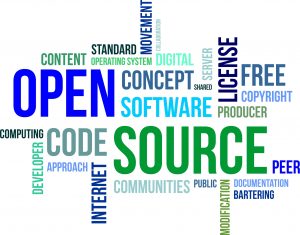
Examples of companies using FOSS

@ID Law partners
The different FOSS licenses
It is the legal environment that differentiates FOSS from proprietary software. There are two models of FOSS licensing: permissive and copyleft.
- Permissive licenses are more academic, there are no substantial restrictions on use. The main requirement is to keep the copyright notice and disclaimer. A famous example is the Apache software license.
- On the other hand, you have copyleft licenses, subdivided into two categories: weak / strong copyleft. For weak copyleft, it is acceptable to incorporate or use a larger work under different license terms, as long as the core remains under the same license. Whereas for strong copyleft, redistribution of the work and works under the same program must be under the same license.
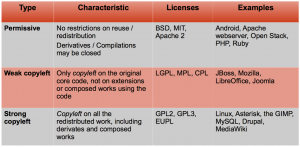
@ID Law partners
The advantages and disadvantages of FOSS
FOSS is used by companies for its many technological, legal and of course economic advantages.
- Indeed, at first glance, we immediately think of the savings made. Opting for a FOSS allows your company to adapt at low cost and to have economic and strategic independence. This allows you to create work independently, as you are not tied to any proprietary software.
- These open source software have many technological advantages, indeed, they are reliable and quality, the development and deployment of solutions are fast thanks to the community. FOSS also allows sharing and is a real security measure for the company. You also have interoperability, as these free and open source software are easy to adapt to standards. Your developers remain free to modify, customize and enhance the code with FOSS.
- Finally, from a legal perspective, FOSS simplifies licensing standards, making them more accessible and easier to use. The licensing terms are non-restrictive and companies reduce IP infringement by limiting their warranties and liabilities.
However, risks can be perceived for these 3 points:
- Technological: risk of immaturity of the FOSS used and many updates and changes required.
- Economical: migration costs and variable interfaces. Migrating from one FOSS project to another will incur costs for your company.
- Legal: no warranty provided, you cannot be certain of functionality, quality and intellectual property compliance. Ownership and protection are also challenges for a company using FOSS. Indeed, it may be collaborative work, so it is difficult to track relative infractions. If you don’t find any conditions or copyright, the easiest thing to do is to leave it alone to make sure you are not in the wrong.
As you can see, royalty-free and open source software are probably the future and rely on a strong community. So what are you waiting for to join the movement?

